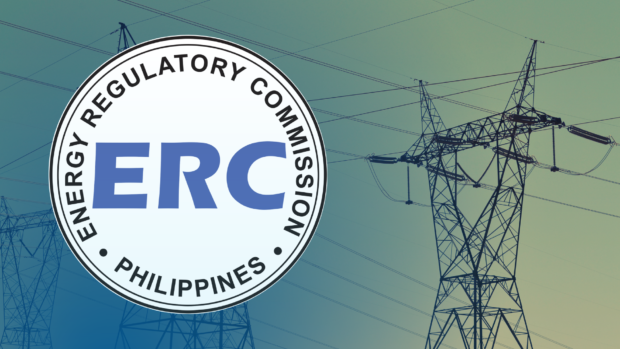
Energy Regulatory Commission (ERC) / STOCK
MANILA, Philippines — The Energy Regulatory Commission (ERC) on Thursday said the Philippines may see a slow drop of power rates in the coming months.
This was confirmed by ERC chairperson Monalisa Dimalanta in a joint congressional energy commission hearing on Thursday when she was asked by Bataan Rep. Albert Garcia if the decrease in the country’s power rates will continue in the upcoming months.
“That’s our expectation for the next few months. As we know, over the summer months, there is always a trend towards high rates because of increased demand. [But] now, [from] what we [saw] over the last few months, also because the global prices for coal has really been softening, the prices [may decrease],” said Dimalanta.
But according to the ERC official, despite the decreasing coal prices, power rates are trickling down at a slower rate.
“From what we saw last year, with the steep increases in coal prices globally, [power rates] almost followed and the increase was linked. But now that coal prices are dropping fast, the generation rate is decreasing but at a slower rate. We are studying why it is slow. It could be because of the exchange rate since the coal is imported,” Dimalanta added.
This prompted Senator Raffy Tulfo, who also sits as the chairperson of the chamber’s committee on energy, to ask if the country has alternative coal sources should its coal importation in Indonesia be hindered by unforeseen circumstances.
“I understand na ‘yung importation natin ng coal ay from Indonesia. Ang kinakatakutan ko lang ay baka magkaroon ng problema sa Indonesia, just like what happened to Russia and Ukraine. May alternative countries ba tayong pwedeng pagkuhanan ng coal?”
(I understand that our importation of coal is from Indonesia. My only fear is that there might be a problem in Indonesia, just like what happened to Russia and Ukraine. Are there alternative countries we can get coal from?)
To this, Department of Energy Secretary Raphael Lotilla answered that the country’s other coal sources include Russia, South Africa, and Australia, but he also noted that the department is eyeing to further diversify the sources of power and energy in the Philippines, stressing that the nation cannot remain “overdependent on just one single source.”